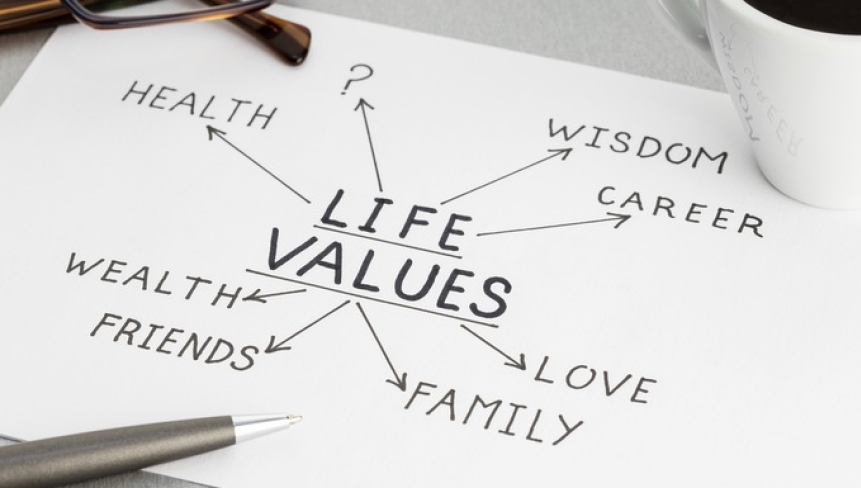HOW THEY INFLUENCE YOUR FINANCIAL PLANNING Have you ever bought something not because you really needed it, but because everyone else seemed to have it? Maybe it was the latest smartphone, a fancy car, or even an expensive dinner at the trendiest new restaurant. If so, you’re not alone. The truth is, our financial decisions are rarely made in isolation. They’re deeply influenced by the world around us—whether we realise it or not.
HOW IT INFLUENCES YOUR FINANCIAL PLANNING Money is universal. But our relationship with it? That’s deeply personal, shaped by a multitude of factors ranging from age and life experience to cultural influences and socioeconomic status. Remember, it’s not just about the numbers. It’s also about who we are and where we come from.
HOW THEY INFLUENCE YOUR FINANCIAL PLANNING Have you ever made a financial decision you regretted, only to look back and wonder what on earth you were thinking? Maybe you held onto a losing investment for far too long or refused to explore a new financial opportunity because it just didn’t feel right. The truth is that our brains are wired to simplify complex decisions through shortcuts known as heuristics. While helpful in day-to-day life, these shortcuts can also lead us astray when it comes to managing our money.
HOW BIOLOGY SHAPES YOUR FINANCIAL PLANNING It’s easy to think of financial decision-making as purely rational. After all, money is all about numbers, right? But what if the way we handle money has as much to do with biology as it does with strategy? What if our brains and bodies are constantly influencing our financial behaviours in ways we rarely even notice?
HOW THEY INFLUENCE YOUR FINANCIAL PLANNING Money may be a tool, but how we use that tool is often driven by emotions, beliefs, and life experiences far more than logic and spreadsheets. Why do some people save meticulously while others can’t seem to keep a dollar, pound, or rand in their pocket? Why do some avoid financial planning altogether while others obsess over every transaction? It all comes down to how we relate to money on a psychological and emotional level.
HOW THEY INFLUENCE YOUR FINANCIAL PLANNING What would your financial life look like if it truly reflected your values? It’s a question worth asking because, when it comes down to it, money is just a tool. And like any tool, its value lies in how you use it and the purpose it serves.






